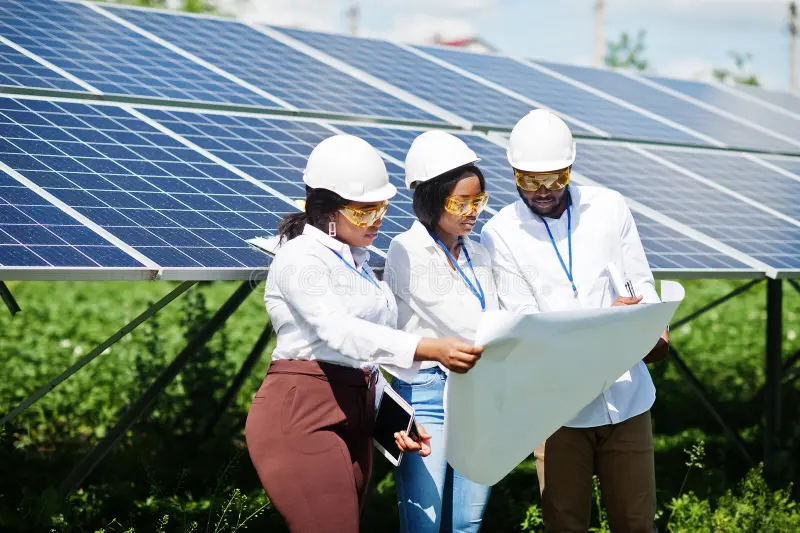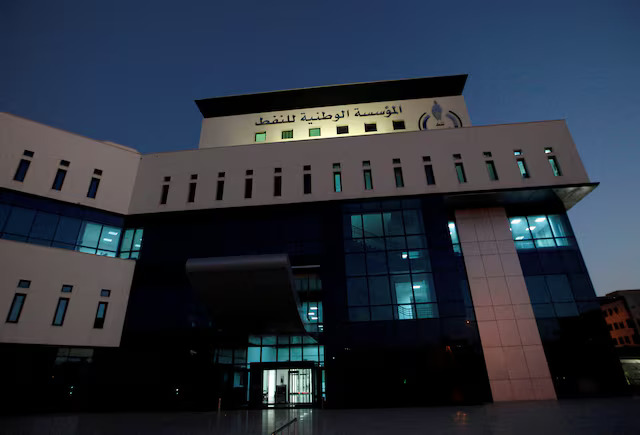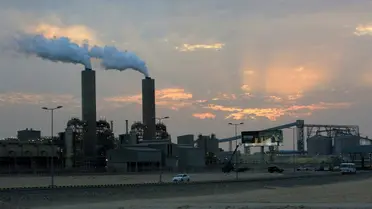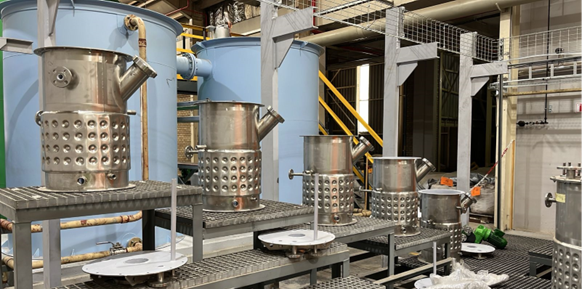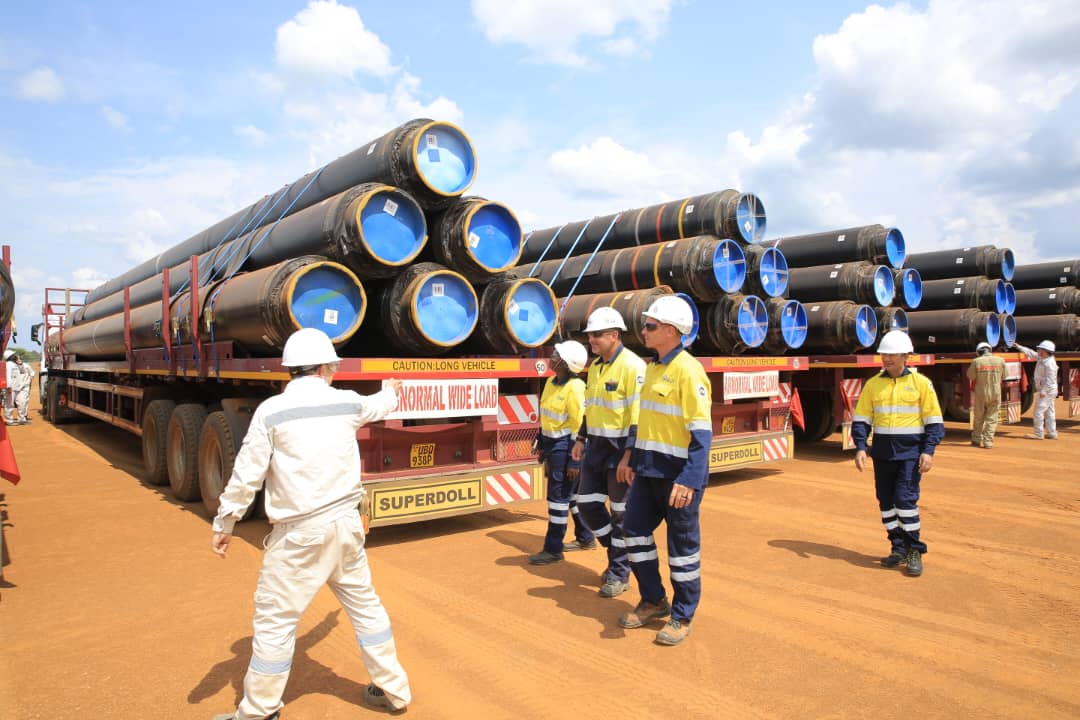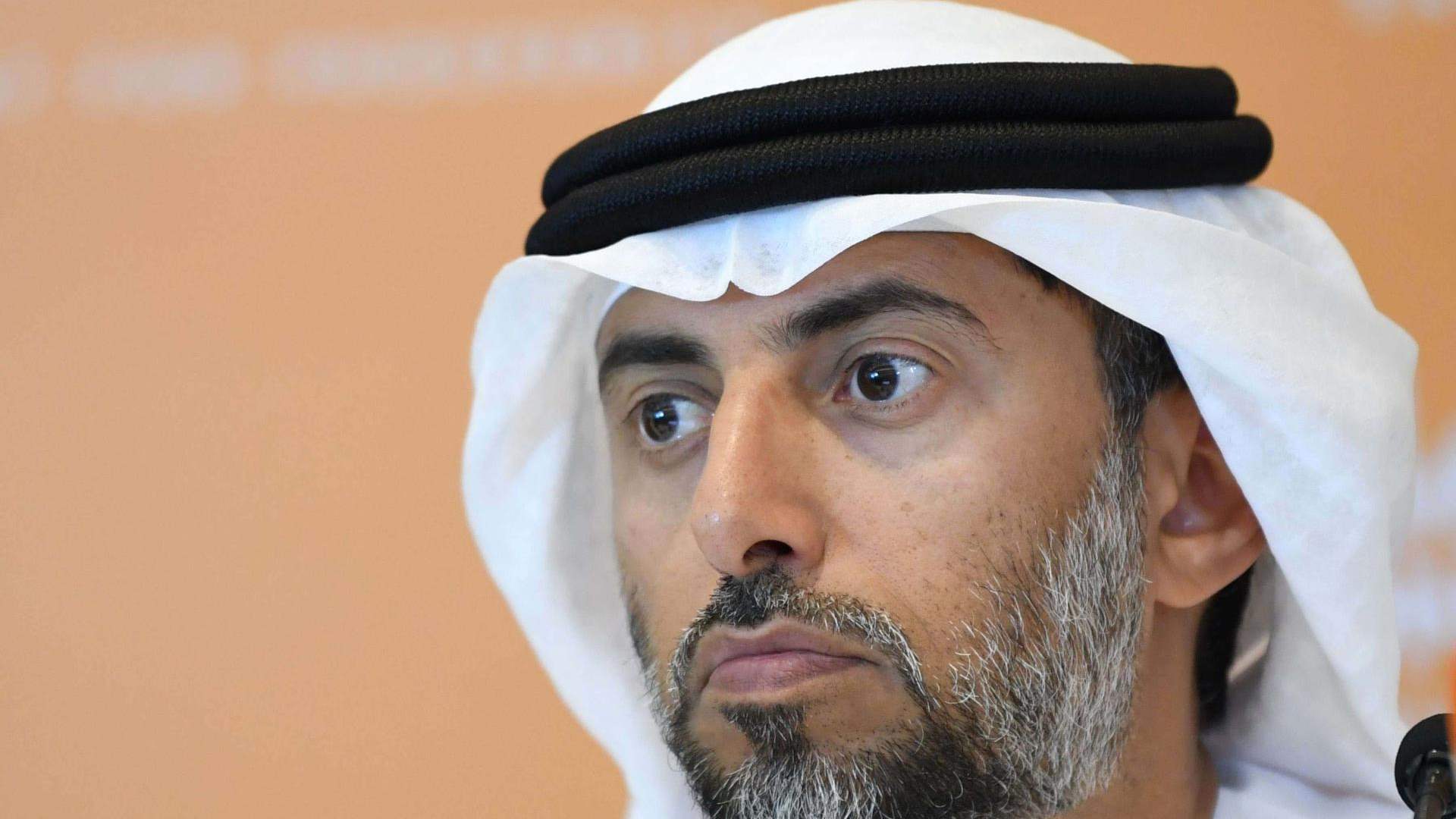Distribution

World Bank approves Tunisia’s energy transformation program
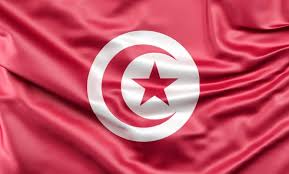
A Major Boost for Tunisia's Energy Future
The World Bank and the Government of Tunisia have solidified a significant financial partnership through the Tunisia Energy Reliability, Efficiency, and Governance Improvement Program (TEREG). This five-year, $430 million program, which includes $30 million in concessional financing, is designed to modernize Tunisia's energy sector. Its core mission is to help the government deliver a sustainable, reliable, and affordable electricity supply by accelerating the deployment of renewable energy, strengthening the national utility (STEG), and improving the overall governance of the sector.
Strategic Alignment and Ambitious Reforms
The TEREG program is strategically aligned with Tunisia's updated Energy Transition Strategy. It focuses on a multi-pronged approach to reform: enhancing the operational and financial performance of STEG, creating a more attractive environment for private investment, and reducing the carbon footprint of the nation's power generation. This comprehensive support aims to accelerate renewable energy deployment, promote energy efficiency, and modernize the entire electricity sector, ensuring stable power for both households and businesses.
Integrated Partnerships and Broader Vision
The program is positioned as a key component of a broader international effort. As explained by World Bank Country Manager Alexandre Arrobbio, TEREG builds upon long-standing engagement in Tunisia's energy sector. It is designed to complement other major initiatives, such as the Tunisia-Italy Electricity Integration Project (ELMED), and leverages advisory services from other World Bank Group institutions. This integrated approach ensures the program supports Tunisia's Country Partnership Framework and its international climate commitments under the Paris Agreement.
Tangible Targets and Expected Impacts
TEREG is expected to deliver concrete and measurable results for Tunisia's economy and its people. The program aims to catalyze $2.8 billion in private investment to add 2.8 gigawatts of new solar and wind capacity by 2028, creating over 30,000 jobs in the process. Financially, it targets a substantial 23% reduction in electricity supply costs and aims to improve STEG's cost recovery from 60% to 80%, thereby reducing government subsidies by TND 2.045 billion.
A Pioneering and High-Impact Initiative
Notably, TEREG is the first project to benefit from the World Bank’s Framework for Financial Incentives, receiving recognition for its scale and long-term benefits in reducing greenhouse gas emissions. As highlighted by World Bank Task Team Leader Amira Klibi, the program's reforms—such as reducing energy losses and increasing renewables—are expected to create lasting improvements. The ultimate goal is to establish a more efficient and financially sound electricity sector, providing affordable and reliable power to all Tunisians.



